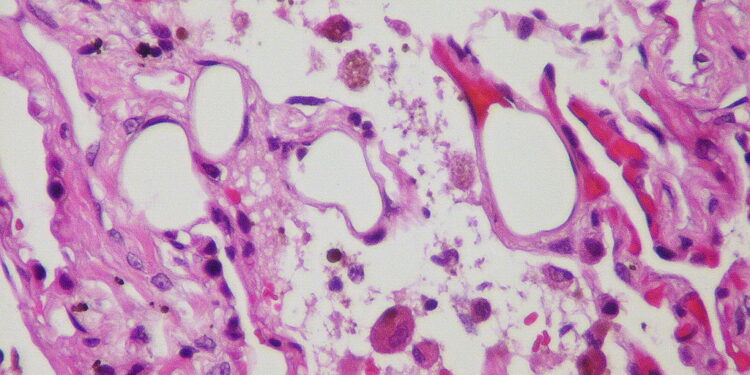Outrage Sparks With Shocking Bird Flu Proposal
U.S. Secretary of Health and Human Services Robert F. Kennedy Jr. has put forward a contentious proposal to allow bird flu to naturally spread through poultry farms, instead of resorting to culling infected birds. He advocates for the virus to pass through flocks, identifying and preserving birds that may have natural immunity to the disease. While Kennedy lacks authority over farm operations, Agriculture Secretary Brooke Rollins has shown interest in testing this approach, with some farmers open to trial runs.
However, this proposal has drawn significant concern from experts. Veterinarians warn that letting the virus spread could increase the likelihood of mutations, potentially leading to more dangerous strains. Dr. Gail Hansen, a former state veterinarian, emphasized that widespread viral replication in millions of birds could create numerous opportunities for mutations, posing a risk to farm workers and other animals.
Kennedy argues that reducing culling activities minimizes human exposure to the virus, but experts caution that bird flu spreads too rapidly to rely on natural immunity. Infected birds often experience severe symptoms and high mortality rates, with almost 100% of birds succumbing to the disease. Dr. David Swayne, a poultry veterinarian, pointed out the brutal toll the virus takes on chickens and turkeys.
Kennedy believes that some poultry may possess natural immunity, but experts dispute this, noting the lack of genetic diversity in modern poultry farming, making immunity in many birds highly unlikely. Furthermore, the proposal could have dire economic consequences, as allowing the virus to spread would lead to substantial losses within the poultry industry due to the immediate deaths of birds and the broader effects on the agricultural economy.
Although Kennedy suggests that wild birds may exhibit immunity, scientists argue that bird flu has caused significant fatalities among various bird species, including waterfowl and raptors, challenging the notion of widespread immunity in wildlife. This raises additional concerns about the safety and viability of letting the virus spread unchecked through poultry populations.

































Discussion about this post